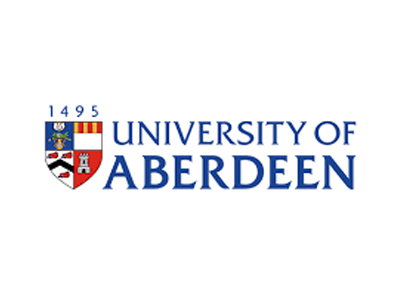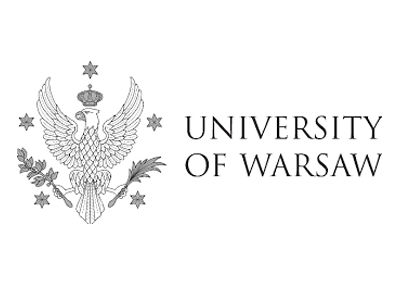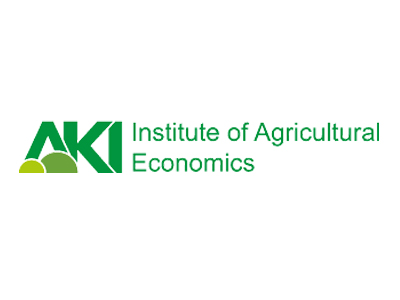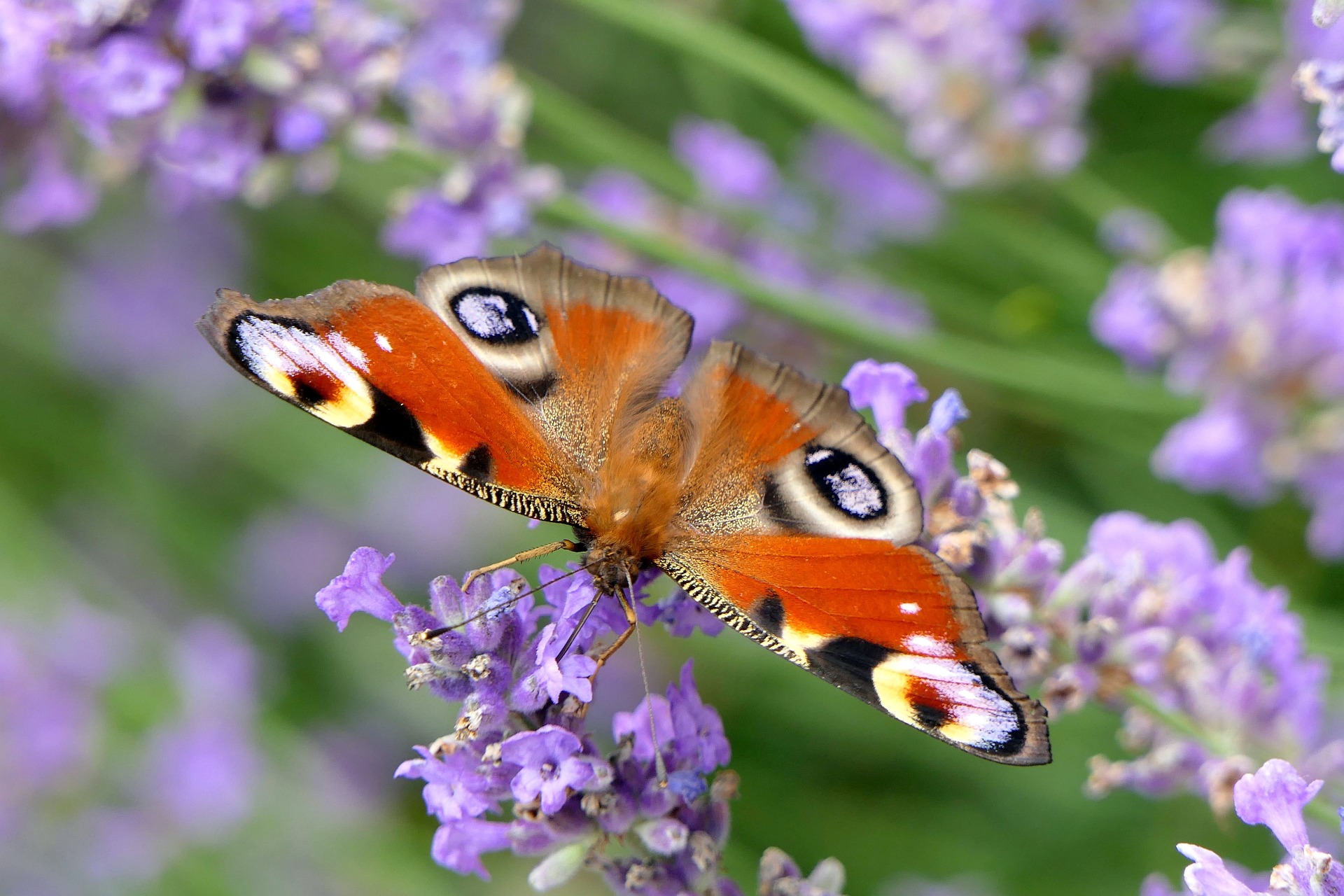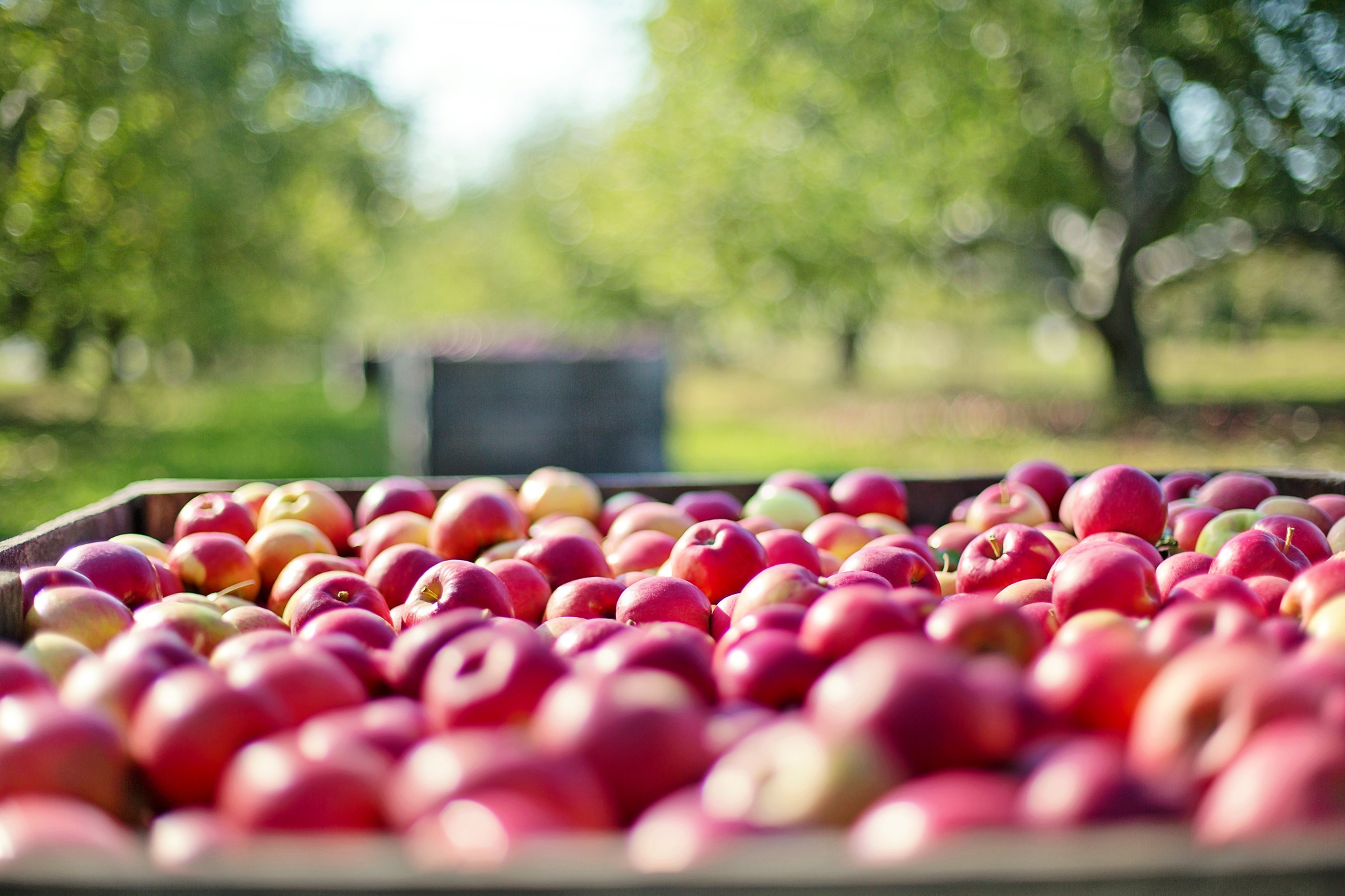How can the carbon footprint of milk and cheese be reduced? How can Europeans’ meat consumption be reduced? And what can public institutions do to promote organic farming in their country? We are investigating these and many other questions in the VISIONARY science project.
Together with twelve partner organizations from eight European countries, we are shedding light on the entire food supply chain in Europe. We identify the biggest challenges and obstacles that are slowing us down on the path to greater sustainability and develop proposals for solutions for politics, agriculture and trade. We connect all relevant stakeholders along the supply chain to maximize the impact of our findings.
Project area
Goals
Recording the behavior of farmers
Strengthening markets for sustainable food
Identify political levers
Networking politics and science
Impacts
Impressions
Contribution to the sustainability goals
Latest news
Contact persons
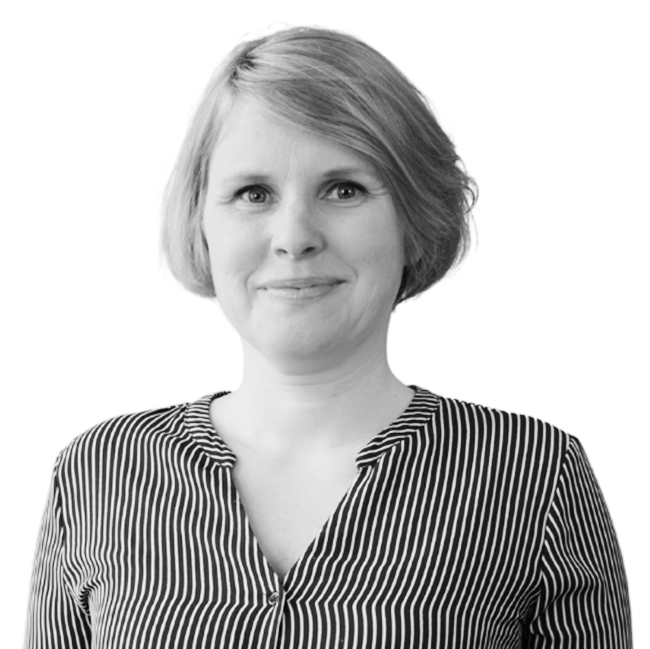
Eva Schellenbeck
Communications & Marketing Manager
Tel: +49 176 824 264 03
schellenbeck@globalnature.org

Stefan Hörmann
Managing Director, Head of Corporate Affairs and Biodiversity
Tel: +49 228 184 86 94 11
Mobile: +49 160 532 10 52
hoermann@globalnature.org
Or in general:
hello@visionary-project.eu
Sponsor

Project partners



